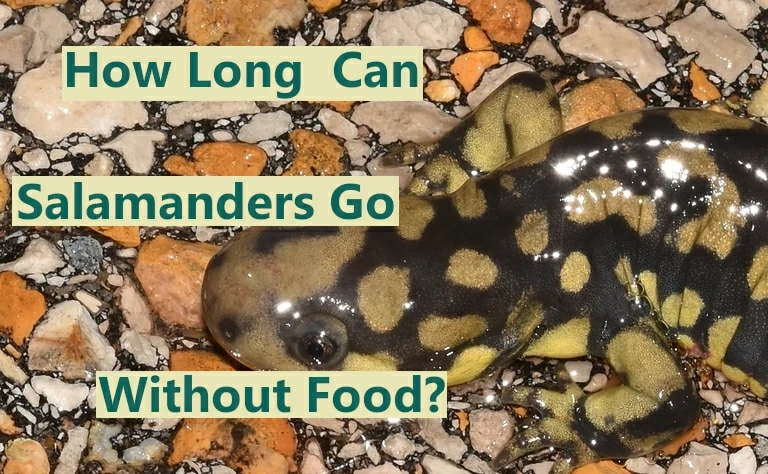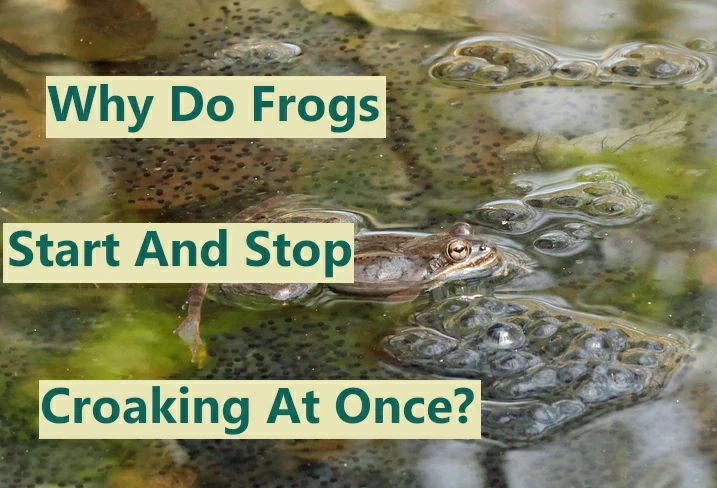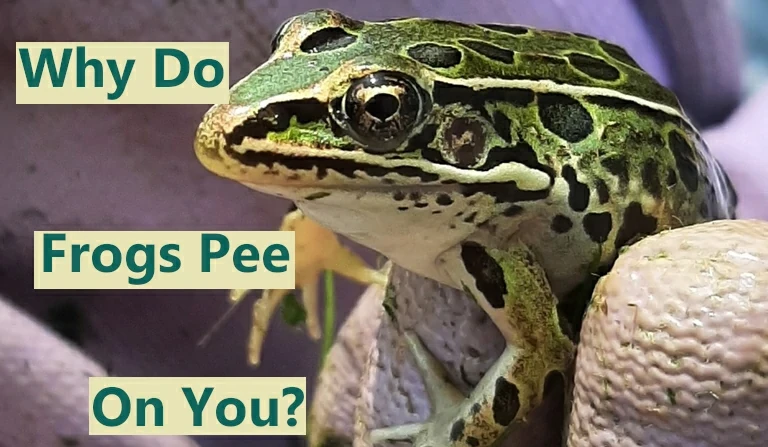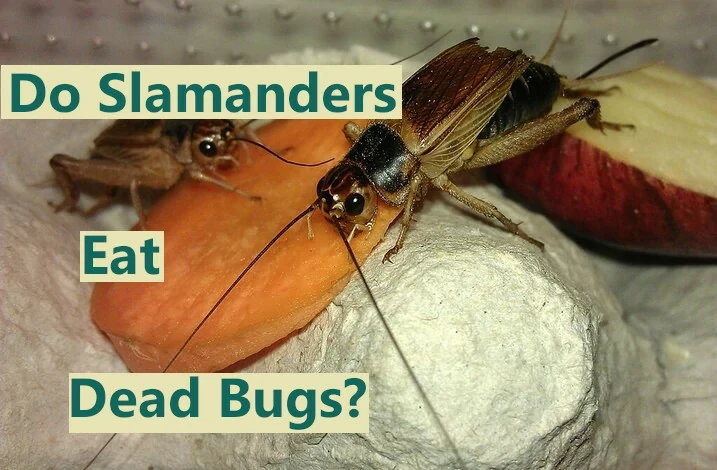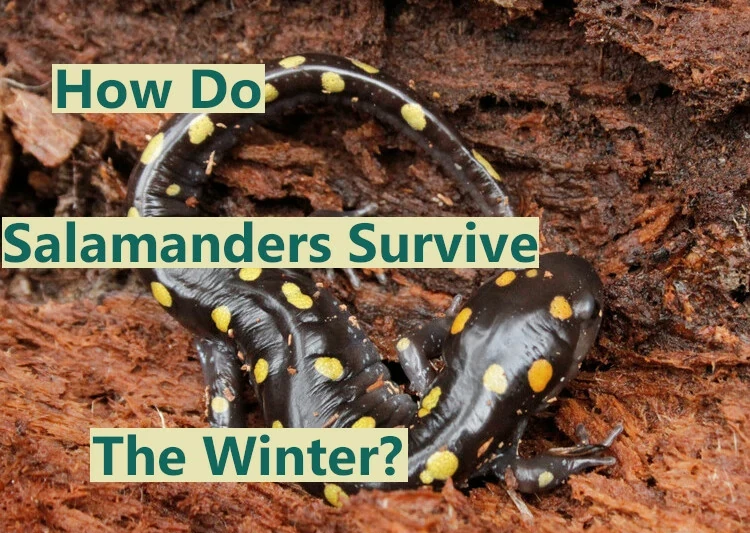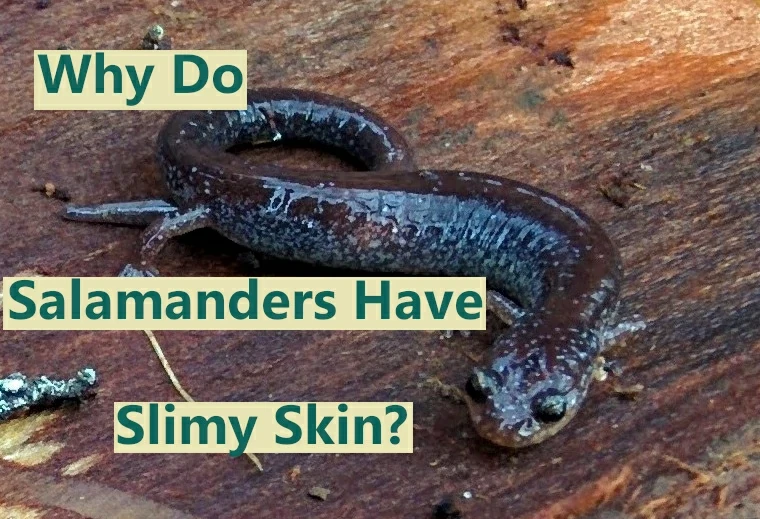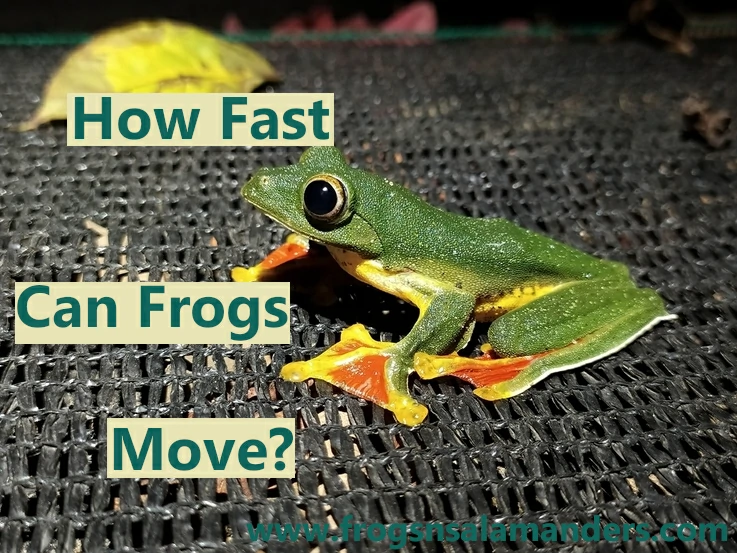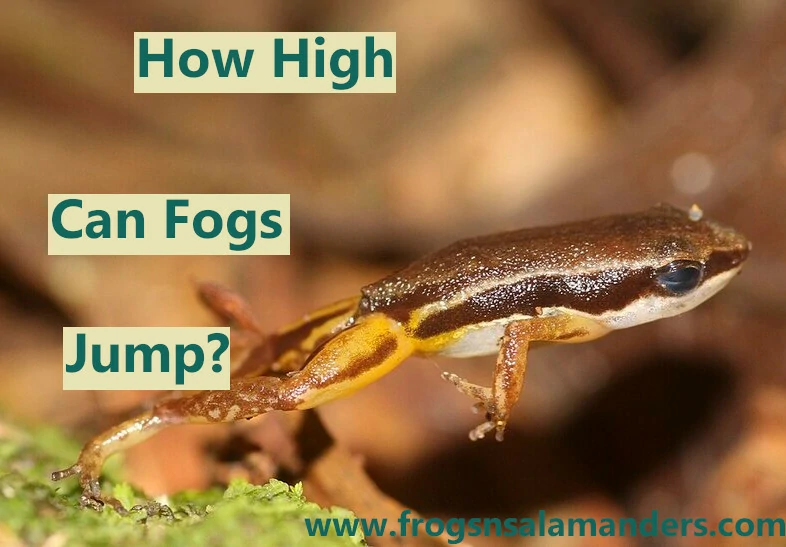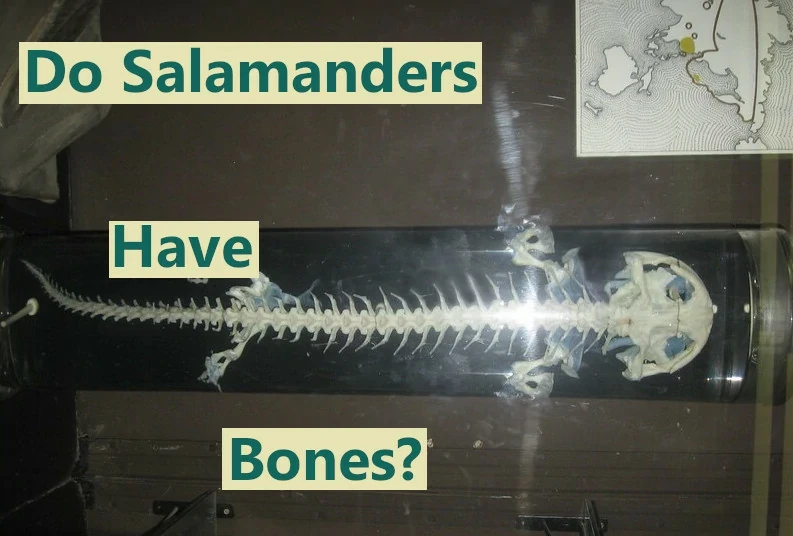How Long Can A Salamander Go Without Eating?
Salamanders are carnivores that aren’t very picky with what they eat. Their generalist diet means salamanders can find food in the variety of habitats they live in However, despite their diverse diets, salamanders still sometimes find themselves in environments where food sources are scarce. So, how long can a salamander go without eating? Generally, healthy … Read more

